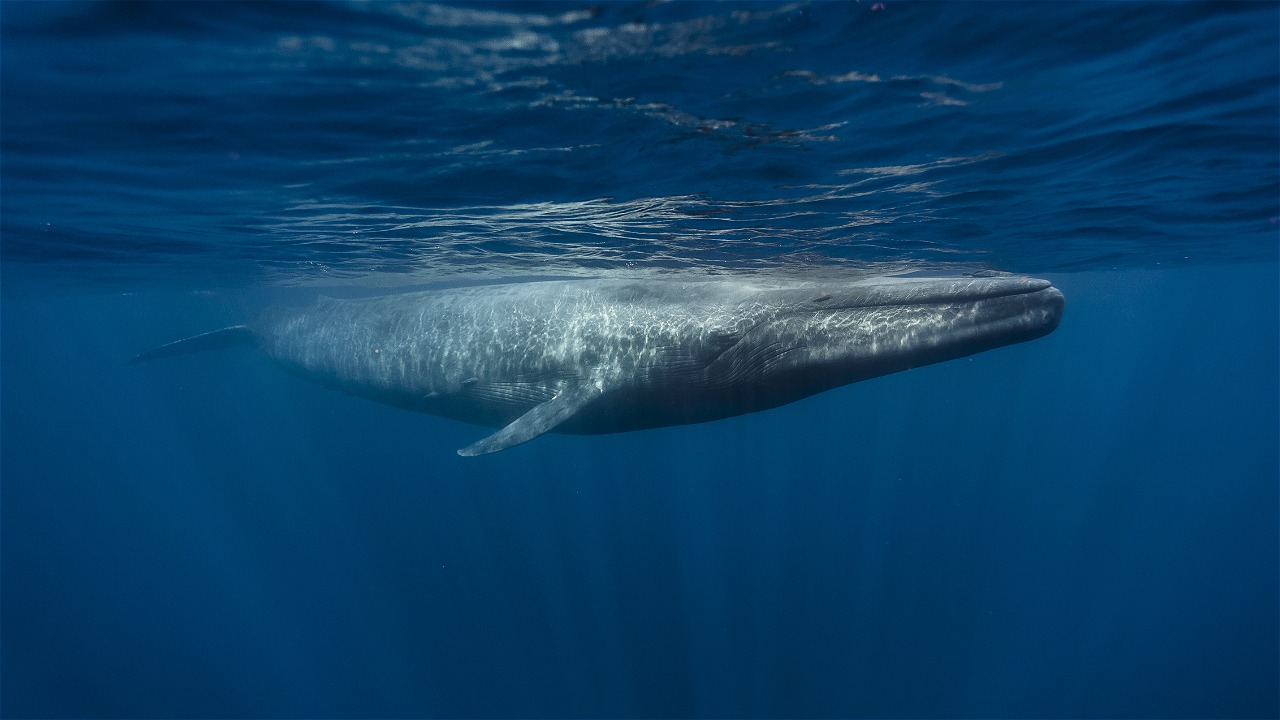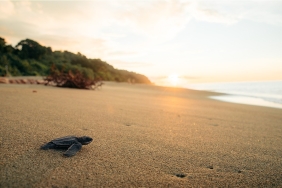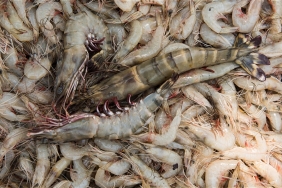A FIRST RESPONDER NETWORK FOR STRANDED MARINE MAMMAL MANAGEMENT IN MALUKU HAS BEEN ESTABLISHED.
By: Sheyka Nugrahani Fadela (Marine Species Assistant WWF-Indonesia) and Kanyadibya Cendana Prasetyo (Communication Officer WWF-Indonesia Inner Banda Arc Subseascape).
In Indonesia, there are 35 species of marine mammals (34 species of cetacean and one species of cirenian) that are protected under Law No. 5 of 1990 and Government Regulation No.7 of 1999. Marine mammals are given full protection status due to their declining numbers due to various threats and their important status in the food chain and marine ecosystem. In addition, Indonesian waters, especially Eastern Indonesia, are an important migration route for marine mammals. More than a third of all whale and dolphin species can be found in Indonesian seas, including the rare blue whale (Balaenoptera musculus). While Indonesia clearly has a responsibility to protect marine mammal species from extinction, the general public has little knowledge of the protection status and does not understand the importance of protecting marine mammals. This was reflected in the discussion among participants of the "First Responders Initiation Workshop for Stranded Marine Mammal Handling" at Maluku Resort and Spa, Salahutu, Central Maluku Regency on May 7-9, 2018.
Almost all workshop participants had heard or seen stranded marine mammals. There was even a participant who claimed to have rescued a dugong caught in a fisherman's net and released it back into the open sea. From the participants' accounts, the period from the 1970s to the 1990s was a time when most people still caught and ate the meat of stranded marine mammals. Although since the 2000s this habit has gradually disappeared, stranded marine mammals have not been properly handled by the community. According to data collected by WWF-Indonesia, Whale Stranding Indonesia and the Sorong Coastal and Marine Resources Management Workshop (LPSPL), most of the 13 strandings of marine mammals in the Maluku region since 2003 were not followed up further.
Moreover, the Maluku people's habit of utilizing marine mammal meat was a challenge for the presenters during the workshop. However, Dwi Suprapti, WWF-Indonesia's Marine Species Conservation Coordinator and one of the presenters at the workshop, admitted that she tried to find the best way to provide understanding to the community. "Some of the workshop materials were delivered like socialization, for example if we consume marine mammals, we will be exposed to the risk of several diseases. We also conveyed the latest news related to marine mammal protection regulations as confirmation from the legal side," said Dwi.
The results of discussions with all participants on the first day of the workshop became the basis for the presenters to explain about marine mammals and stranding events in general, procedures for handling stranded marine mammals, and practicing simulations of handling stranded marine mammals. The participants were enthusiastic about the presenters' explanations and eager to participate in the simulations conducted at the hotel swimming pool and beach in the Natsepa area. In fact, according to some participants, the hands-on practice was the most exciting part because they could directly practice the theories that had been taught. They also learned to coordinate with other participants so that they are ready and responsive in dealing with stranded marine mammals in their area.
Sony Sipasulta, a member of Saka Bahari Ambon Scouts who was selected as one of the best participants commented on the practice of handling stranded marine mammals. "The practice has to be done seriously, but at least I try to neutralize it with a relaxed atmosphere. As a young person, I am grateful if others feel comfortable with it," he explained. Sony's colleague, Ratna Radjaloa, also said, "So far, we only know about stranded marine mammals from social media. With this training, we know how to handle it. Maybe we can share the knowledge with our younger siblings because we are Scouts."
The workshop concluded today with a discussion on the establishment of a First Responder Network for stranded marine mammal management for the Maluku region. Although still unofficial, the network is expected to be one of WWF-Indonesia's support as an implementing partner of the USAID Sustainable Ecosystems Advanced (USAID SEA) Project on marine mammal conservation efforts by the Sorong Coastal and Marine Resources Management Workshop (LPSPL) whose working area also covers Maluku.
Hopefully this time there will be no more stranded marine mammals left stranded!





